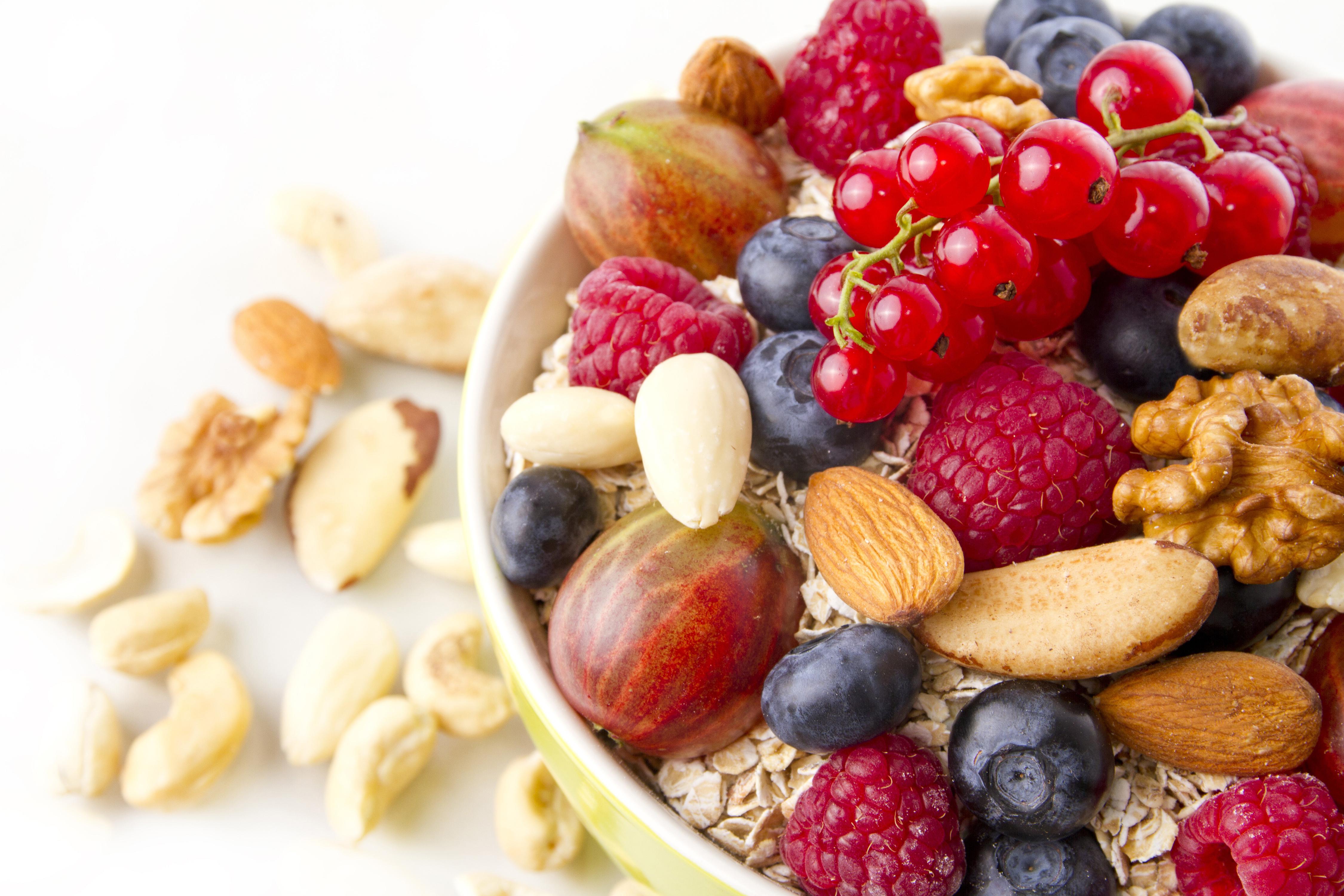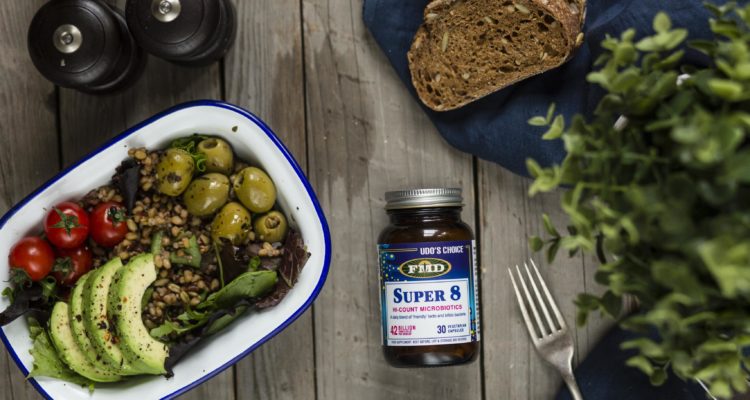The past decade has witnessed an evolving body of scientific research investigating potential links between human gut health and mood, immunity and overall physical health. Indeed, the gut-brain axis has been the focus of extensive recent research, and various studies have explored the health of our intestinal microbiota (the collection of microorganisms that live within us) and the possible link to various mood disorders, including symptoms of anxiety and depression.
Immune system function has been linked with digestive health and research has considered the role that gut microbiota may play in the development and function of the immune system. Normal gut function can support the digestion and absorption of nutrients from the foods you eat everyday and this in turn may affect your energy levels, immune system and may even help to support hair and skin health. Within the lining of the digestive tract are specialist immune cells designed to protect your body from infection and deal with bacteria ingested in food to prevent them from entering systemic circulation and causing illness. In fact, up to 80% of your immune system is thought to reside in the gut. Maintaining optimal gut health can support the immune cells and help to ensure they’re at their most effective. ‘Dysbiosis’ is the term used to describe an overgrowth of ‘unfriendly’ bacteria in the gut and the most common symptoms include bloating, nausea, constipation, diarrhoea, excessive flatulence and stomach pains. Recurrent colds may indicate that there’s an imbalance in digestive health.
Three key ways to support the ‘friendly’ bacteria in your gut:
1. Fibre-rich plant foods: Aim to include a wide range of vibrant plant-based foods in your daily diet, including fruits and vegetables, beans, peas, lentils, nuts, seeds and whole grains. Fresh vegetables and fruits are packed with vitamins, minerals and antioxidants, but their rich variety of different types of fibre help to support a varied and healthy microbiome. Try eating seven to nine portions over the course of each day and choose different colours to nourish your body with a range of protective phytonutrients. Raw onion, and garlic, chicory, Jerusalem artichoke, leeks and bananas contain prebiotic fibres, which feed the friendly bacteria in your gut and encourage it to flourish.
2. Microbiotics: For many years, Udo’s Choice Super 8 capsules have been my top choice for premium-quality, friendly bacteria. Super 8 can be used on a continuous basis or for short periods of time, such as after illness, to help to replenish the balance of ‘friendly bacteria’. Udo’s Choice Super 8 is a hi-count microbiotic blend that contains eight strains of lacto and bifido bacteria. Each daily capsule contains 42 billion ‘friendly’ bacteria. Make sure you store them in the fridge to keep them fresh and aim to take them after your evening meal for best absorption.
3. Avoid refined sugar and processed foods: Refined sugar is thought to encourage the growth of various strains of yeasts and ‘unfriendly’ bacteria, while processed foods often contain refined sugar to enhance taste and encourage you to reach for more. As much as possible, aim to buy and eat fresh, seasonal produce to support a healthy microbiota. If you have a sweet tooth, try eating berries as they’re rich in antioxidants and naturally low in fructose. Raw cacao powder can be used instead of chocolate in a range of healthier desserts and sweet treats, while Stevia and Erythritol are useful plant-derived natural sweeteners that don’t impact blood sugar levels.
Trust your gut and support it with friendly bacteria each day.

References
- Gut–Brain Axis and Mood Disorder, Lu Liu and Gang Zhu. Front Psychiatry. 2018; 9: 223.
- Gut microbiota, metabolites and host immunity, Michelle G. Rooks and Wendy S. Garrett, Nature Reviews Immunology. 2016 May 27; 16(6): 341–352.

